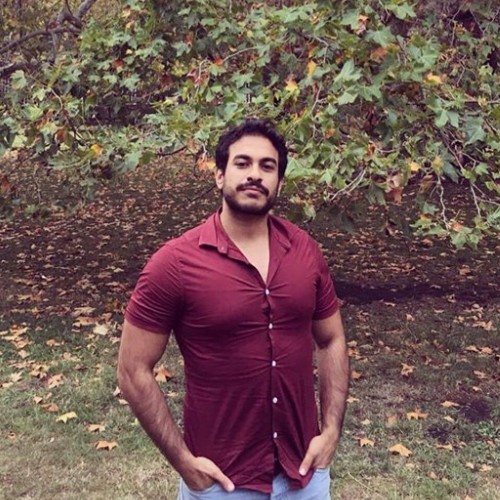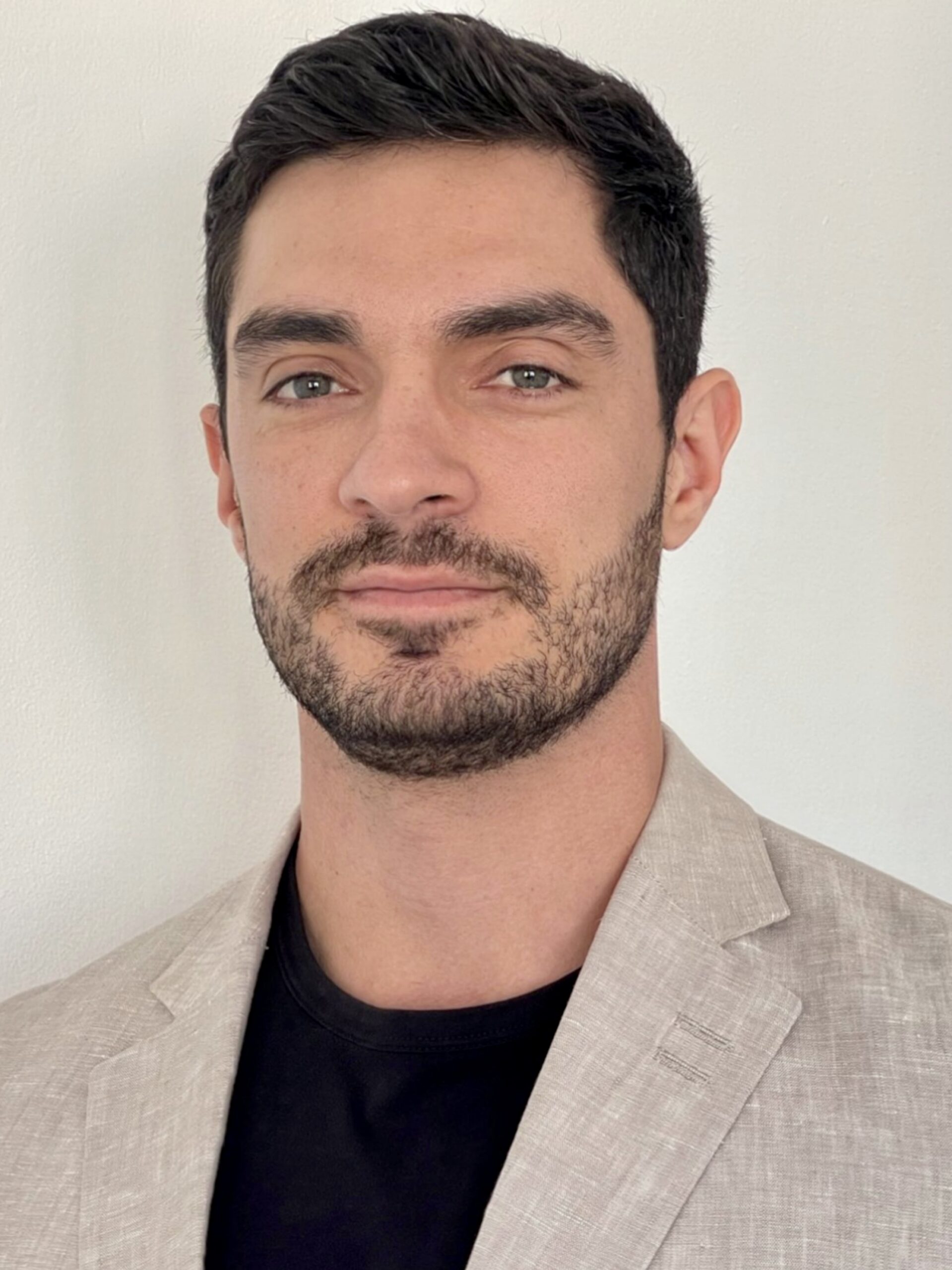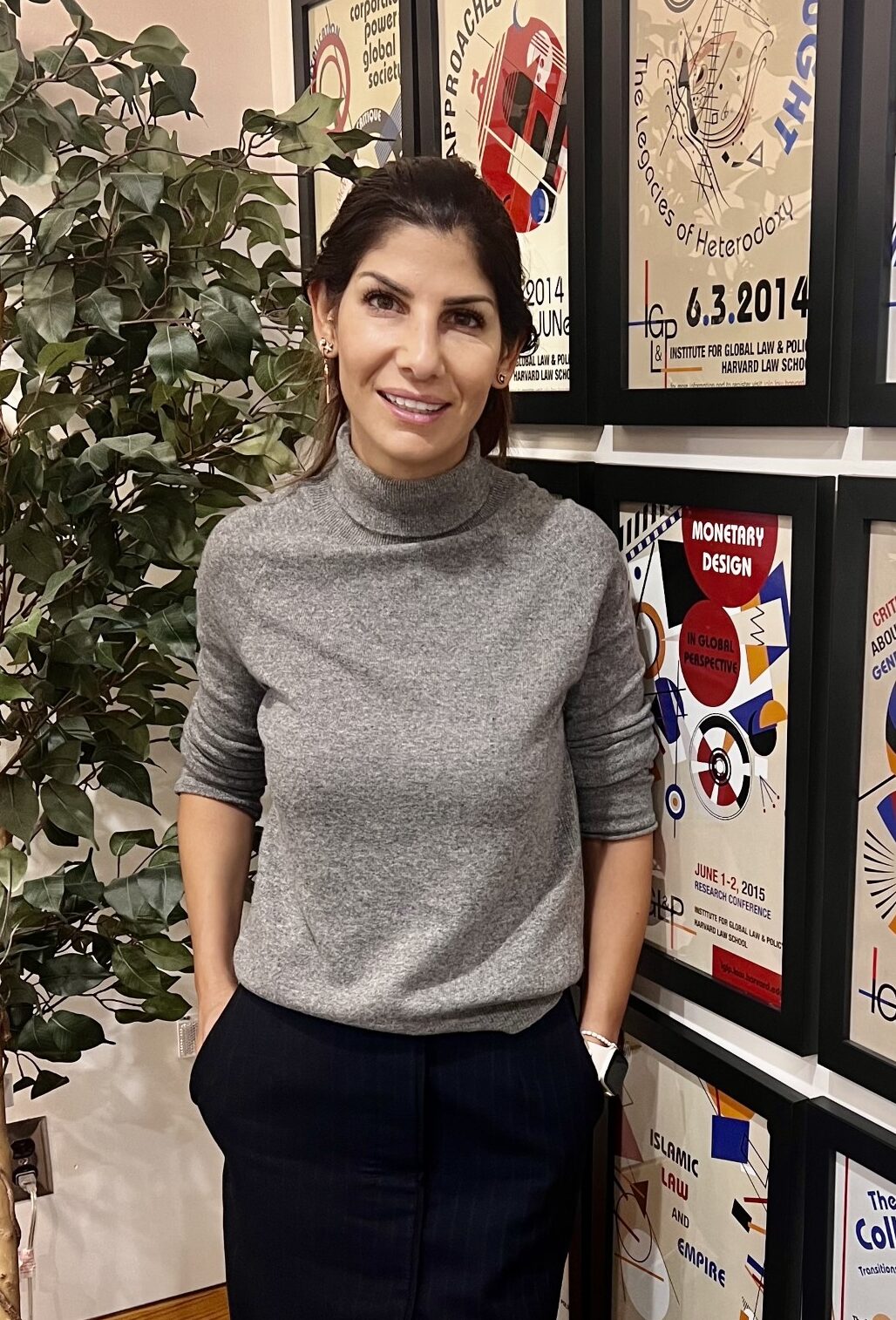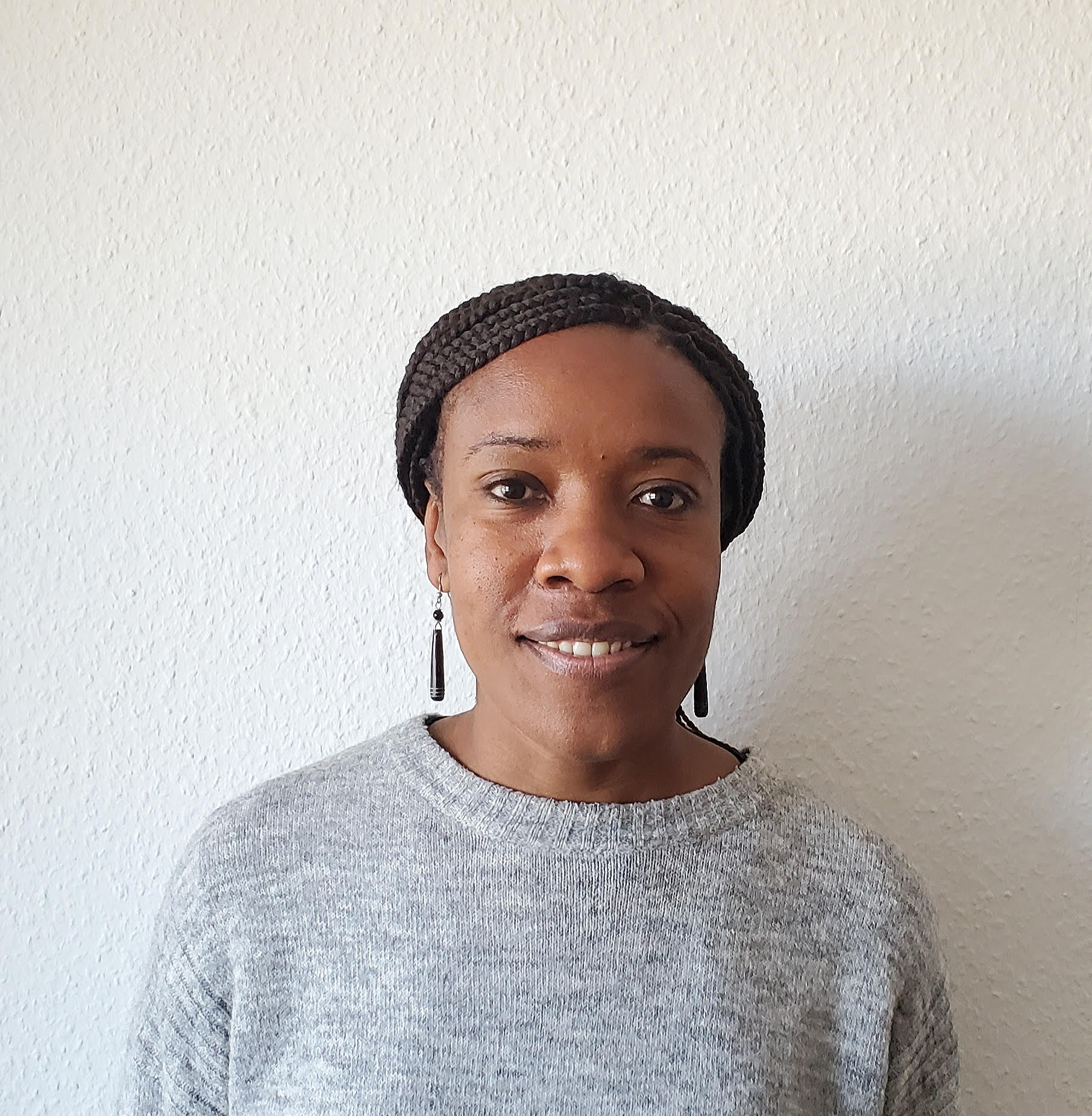2023-2024 Residential Fellows

Nader Andrawos
Nader Andrawos
Nader’s research focuses on social and political thought, critical legal studies, human rights studies, and intellectual history. His PhD explored the intellectual history of the Arab (specifically Egyptian) human rights movement. He was especially interested in the way socialist and radical thinkers moved towards the liberal project of human rights, and how they justified this move. During his time at the IGLP, he aims to further develop this question by looking at the history of “revolutionary lawyering” in the Arab world throughout the 20th century, and engaging with legal and political thought around the relation between revolution, rights and law. This interest grew out of his own prior involvement with the Egyptian rights movement. Prior to his time with the IGLP, Nader was a research manager at a grant project at the American University in Cairo, where he was looked into “Post-Neoliberal Futures.” He also often write essays for the online news website “Mada Masr.”

Daniel Astone
Daniel Astone
Daniel is a doctoral candidate in International Law at Stockholm University and a Junior Fellow at the Stockholm Centre for International Law and Justice, where he also serves as a Research Coordinator. Daniel’s main research interests stem from law and economics scholarship explored from a critical perspective. His doctoral thesis challenges the process of so-called value creation through the attribution of private property rights by examining this in terms of value reallocation instead. At the IGLP, Daniel intends to examine other instances where this process might unfold, for instance by looking at value formation in the scope of global value chains.

Zeina Jallad
Zeina Jallad
Zeina’s passion for education grew during her time acquiring a J.S.D. in Law at Columbia Law School where she graduated with the highest distinction as the first female J.S.D. candidate from the Arab region. Her dissertation examined the limits of international human rights law through case studies from the Arab region, which analyzed the contributing conditions to the many shortcomings of international and human rights law and explored innovative extra-legal strategies for diminishing human suffering. She was also recognized as the youngest Law graduate by the University of Jordan (2004), and holds an LL.M from Columbia University (2008), where she focused on International Comparative Criminal Law, international humanitarian law, peace and security, transitional justice and gender justice. Zeina’s academic research and work reflect her wide-ranging experience in the fields of International Law, International Criminal Law, International Humanitarian Law, International Human Rights Law, Criminal Law, and Gender Justice.

Brenda Kombo
Brenda Kombo
Brenda Kombo is a sociocultural anthropologist and human rights lawyer with broad interests in legal anthropology, human rights, and international law. Previously a Norbert Elias Fellow at the University of Bielefeld’s Center for Interdisciplinary Research (Zentrum für interdisziplinäre Forschung), she also recently held postdoctoral fellowships at the Free State Centre for Human Rights at the University of the Free State and New York University’s Center for the Study of Africa and the African Diaspora. These fellowships followed several years of work with non-governmental organizations in the human rights field, primarily at the African continental level, including at the Raoul Wallenberg Institute of Human Rights and Humanitarian Law, Cyrus R. Vance Center for International Justice, and Equality Now. She also held research fellowships at the United Nations Economic Commission for Africa’s African Centre for Gender and Social Development and the Institut d’Études Politiques de Paris through the Yale Fox International Fellow Program. Brenda holds a PhD and MPhil in Anthropology from Yale University, a JD from Northeastern University School of Law, and a BA from Hampshire College.
At the IGLP, Brenda’s research will try to reimagine the social justice potential of the African Continental Free Trade Area (AfCFTA) by rejecting the assumption that free trade has a particular, predetermined structure and exploring the role law and lawyers can play in strengthening the AfCFTA’s ability to reach its goals of promoting socio-economic development and gender equality. She will use a focus on labor to reflect more narrowly on these issues.